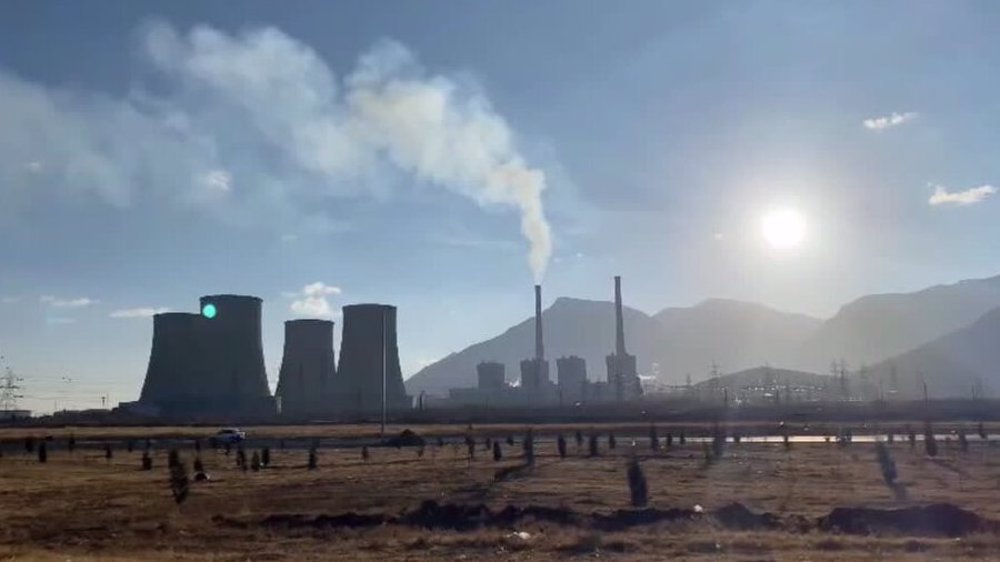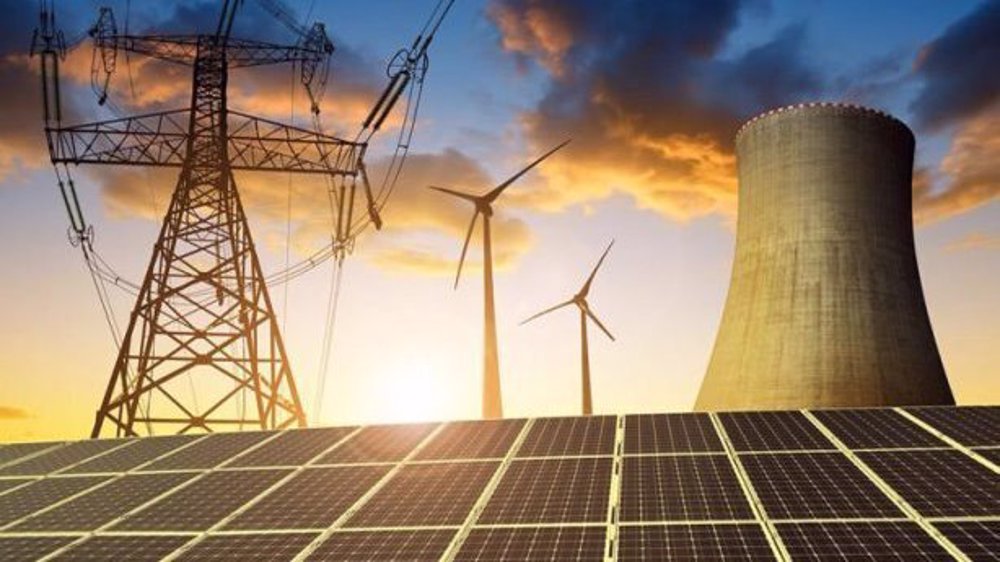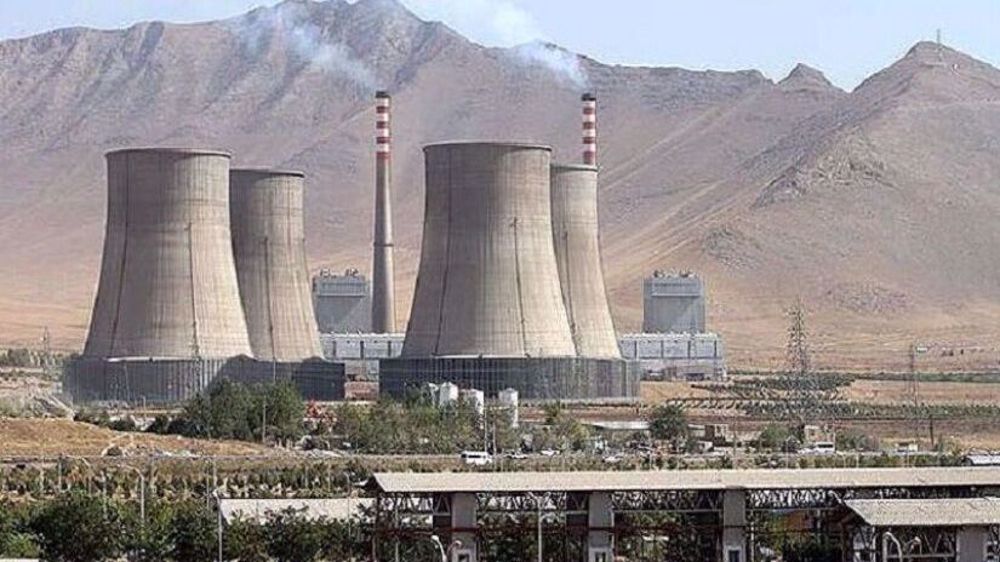Iran committed to oil market stability: OPEC
The OPEC chief says Iran is committed to building consensus among crude producers on stabilizing the oil market which is faced with a massive supply glut.
OPEC and non-OPEC producers are about to gather in Algiers on Sept. 28. to discuss a deal to stabilize the market.
Secretary-General Mohammed Barkindo said Iranian officials “assured me that Iran will do everything possible in joining hands with members within the OPEC group as well as outside OPEC."
"I am quite satisfied with the assurances given during talks this month in Tehran,” Bloomberg reported, quoting Barkindo.
The burning question about the informal meeting in Algiers is whether the participants will agree on a production freeze. Previous talks on a freeze collapsed in April after Saudi Arabia walked out of an agreement with Russia.
Barkindo has said the upcoming meeting is just a consultation, but it is “crucial” where "specific policy-decision tools will have to be addressed and agreed upon after a thorough review, analysis and comprehension of this very dynamic and complex energy landscape."
He has said OPEC was not seeking a definite price range for oil but rather "sustainable stability" for the market.
There are reports that participants in the upcoming talks would be moving from a production freeze to voluntary output caps. However, analysts say allowing each producer to choose its own output level would do little to curb surplus production.
Nevertheless, there is hope that the Algeria meeting will produce some sort of consensus among OPEC members to work on a solution when they formally meet in Vienna on Nov. 30.
OPEC sources said there was strong momentum around having at least the outline of a deal agreed next month.
One bright spot is that Iran is nearing the production levels which it has been working all along the way to achieve since the lifting of sanctions on the country in January.
Saudi Arabia used Iran’s insistence on reaching pre-sanctions levels to scuttle the freeze deal in April. Russian President Vladimir Putin has said that “at the last minute, (the Saudis) changed their point of view” on reaching a production freeze pact.
Iran has been calling on OPEC to restore the quota system which was scrapped in December 2011 under the Saudi initiative. A possible freeze would keep OPEC production at 33.4 million barrels a day – a decision which is unlikely to improve prices.
On Tuesday, Barkindo was quoted as saying that a possible deal to support oil prices may last for one year.
Those upbeat talks supported by a reported draw in US crude inventories and by firm import data from Japan helped oil prices climb on Wednesday.
International benchmark Brent crude futures were trading at $46.45 per barrel, up 57 cents, or 1.2 percent, from their last close, Reuters reported.
Oil prices have recovered from the decade lows of $27 per barrel in January, caused by record Saudi production and more coming from other producers.
Mikati demands Israel's withdrawal from south Lebanon
Yemeni army strikes Israeli military sites with drones
‘Clock ticking’: UNRWA slams unjustifiable killing of children in Gaza
BP to be sued in Britain for supplying oil to Israel
VIDEO | Press TV's news headlines
Israeli strikes on north Gaza hospital ‘extremely dangerous, terrifying’: Director
VIDEO | Yemen targets Tel Aviv with Palestine 2 missiles
Pezeshkian: Iran resolved to complete North-South Transport Corridor










 This makes it easy to access the Press TV website
This makes it easy to access the Press TV website